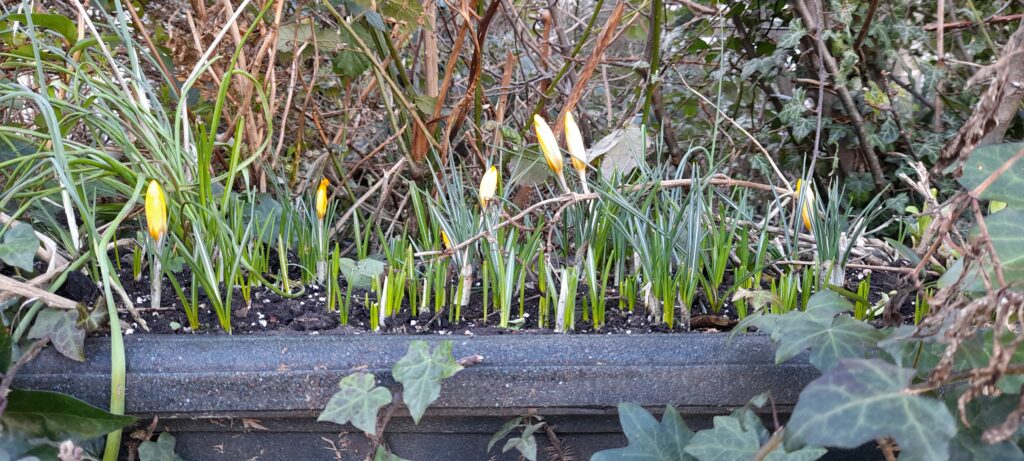
Can you spare 5 minutes today to send a question to Bromley Council Environment Committee? Questions need to be submitted by 5pm on 7 March to be accepted for the committee meeting on 21 March – full details of how to submit questions can be found here, and information about the meeting can be found here.
We in Bromley Living Streets think that asking questions to the Environment Committee is a very valuable way to let the Council know what matters to local people – particularly important to do, given that local elections are taking place on 5 May 2022. Environment Committee meetings are the place where Bromley Council’s projects and policies are scrutinised, and members of the public raising issues in this forum is an important part of local democracy and a key way of encouraging local councillors to take action. There are reasons to think that this part of Bromley’s local democracy is looking increasingly healthy and vigorous: 100 written public questions were answered in the November 2021 Environment meeting, and 68 written public questions were answered in the January 2022 Environment meeting. (Important context here is that a large proportion of those submitted to the November 2021 were on a single issue.)
So what should you ask questions about? That’s up to you, but we think a particularly useful starting point for drafting a question is to look at the Council’s response to questions asked in recent Environment committee meetings, and think about what new questions are raised by the Council’s response. some ideas you might want to consider. For example, in the ‘Written Questions from the Public’ document for the Environment meeting on 19 January 2022, the Council’s response to the first question provides detailed figures on the School Travel Plan (STARS) scheme and Bikeability training, but does not provide figures for the increase in walking and cycling during the period between 2020 and 2021. A useful follow-up question would be to ask for these figures, particularly given that recent data indicates that 32% of the borough’s emissions come from transport, which is relatively high for a London borough. (Another useful follow-up question would be to ask for evidence to support the Council’s claim that the increase in walking and cycling between 2020 and 2021 “was influenced by LBB’s Road Safety Education programme, School Travel Planning Initiatives and Cycle training”.)
Feel free to Blind Carbon Copy (BCC) us into your email when you submit your questions, or forward your submitted questions to us after sending them to committee.services@bromley.gov.uk, so that we are aware of the issues that have been raised.